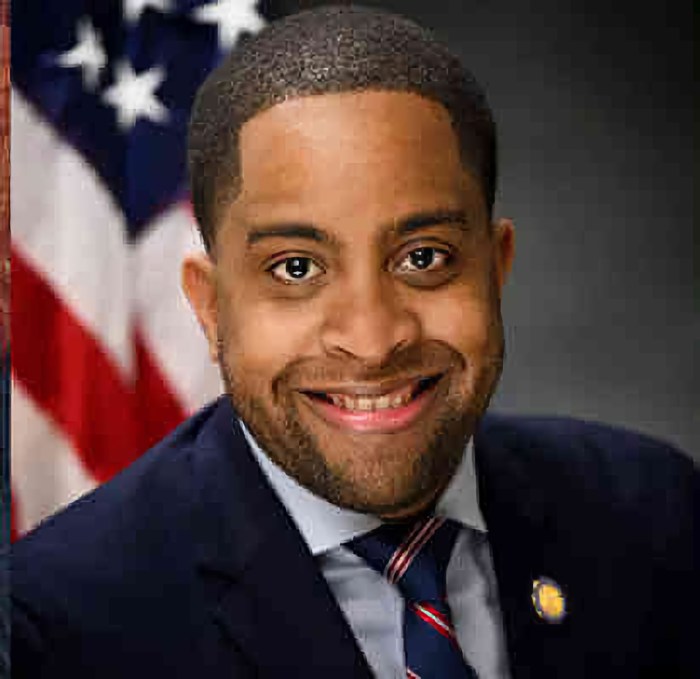Ontario’s alpha politicians are suddenly finding city hall immensely alluring.
George Smitherman wants to be mayor of Toronto so much he resigned from the provincial legislature, walking away from Ontario’s deputy premiership. This week, Ontario Municipal Affairs Minister Jim Watson announced he will quit his post and give up his seat. He wants to return to his old job as mayor of Ottawa.
What’s going on? For one thing, provincial politics are going to be about as much fun in the next few years as a prolonged case of swine flu. Look at the numbers — the McGuinty Liberals moaned, wailed and delayed implementing some election promises when they assumed office in 2003 to find a $5.6-billion deficit. A booming economy that generated oodles of tax revenue solved that problem.
But times have changed. This year’s deficit is going to be at least $24.7 billion, employment prospects are uncertain and there’s no indication we can grow our way out of red ink in time for the 2011 Ontario election. Add to that voters’ propensity to punish the government in office during tough times and an obvious question arises: If you were an MPP, would you want to stick around?
There are, of course, other factors at play. Gary Carr, the amiable chair of Halton Region, says party discipline on the federal and provincial scene is disheartening because it turns bright, independent-minded elected members into “voting machines” who follow orders.
Carr, who served as a Conservative MPP at Queen’s Park and then as a Liberal MP before being seduced by municipal politics, says cabinet ministers chafe at carrying out orders from above instead of making their own decisions. And then at election time, a blunder by the party leader can cost even the most competent incumbents their political lives.
“Everything is based on what the leader does,” Carr said in an interview. “So you can lose your job based on how somebody else performs. But when you are mayor, you are actually in charge. You have to work with other people but, whether or not you get elected again all comes down to what you’ve done.”
Now there’s a concept: Direct accountability. And accomplished candidates are lining up for the jobs. It gives one hope.
April Lindgren teaches at Ryerson University’s School of Journalism, where she specializes in local news and urban affairs reporting; april.lindgren@arts.ryerson.ca.
















